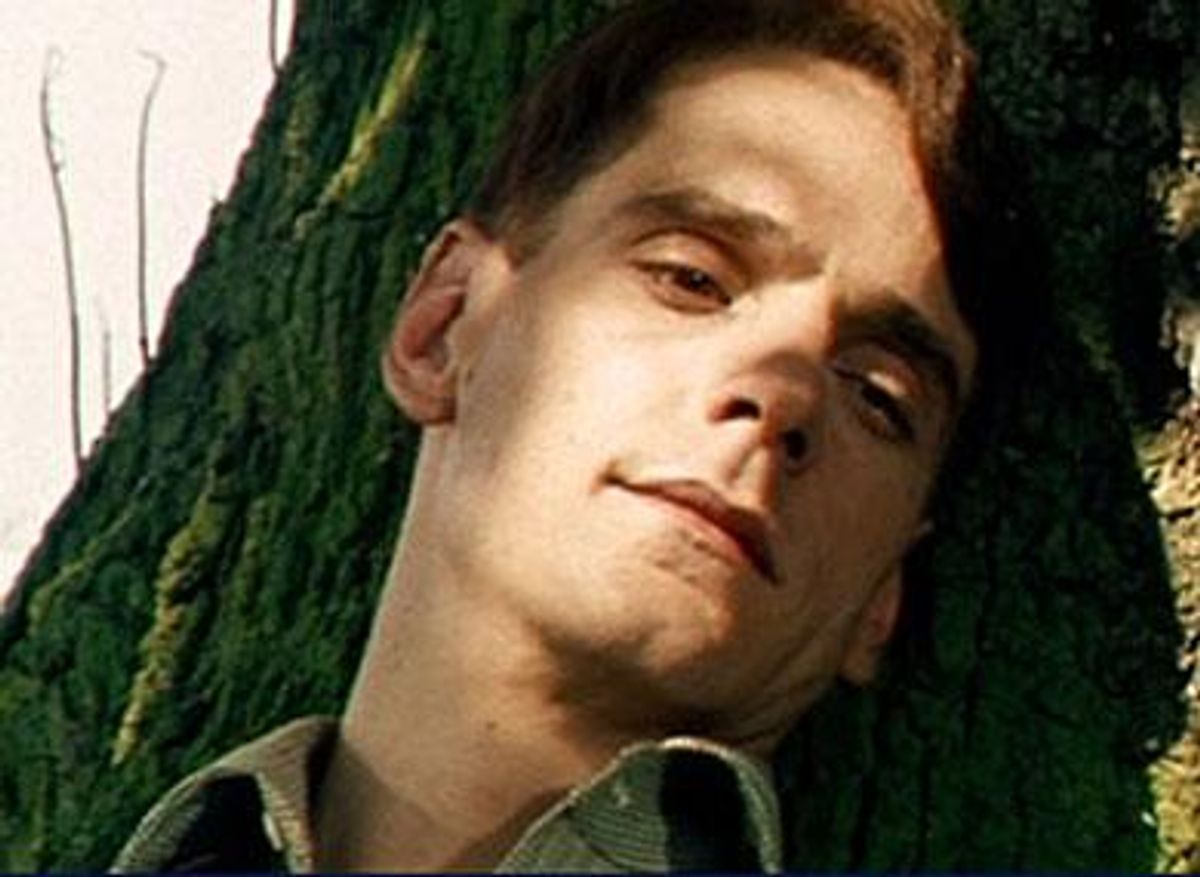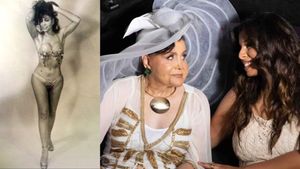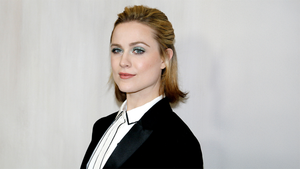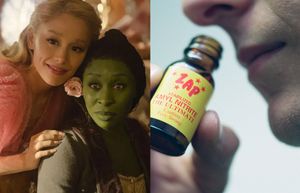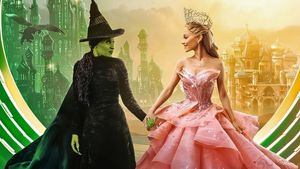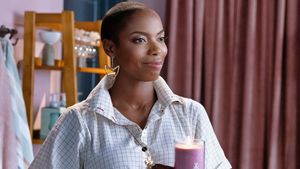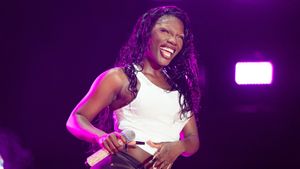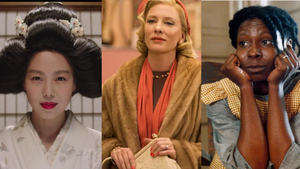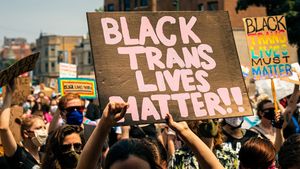When
Brideshead Revisited
first aired on the BBC in 1981, it was truly a pioneering
moment in film. Gay cinema had yet to be fully realized as a
genre, the AIDS epidemic hadn't yet ravaged the gay community,
and Jeremy Irons wasn't yet a household name.
Brideshead
instantly became a classic, and though the relationship between
Charles Ryder and Sebastian Flyte didn't dissolve into an
explicit, sexual tryst, audiences read between the lines -- and
got a good deal more than cinema had offered up in the
past.
Brideshead
returns to television this month on here! TV, and Irons -- now
not only a household name but an Academy Award- and Tony
Award-winning actor -- took some time out of his busy schedule
starring opposite Joan Allen on Broadway in
Impressionism
to revisit
Brideshead
with Advocate.com.
Advocate.com:When
Brideshead Revisited
first aired, did you have any idea the impact the film would
have on its gay audience?Jeremy Irons:
It was not something I especially considered. I hoped it would
be enjoyed by everyone. I was most concerned to capture the
relationship with Sebastian accurately, believing that [Evelyn]
Waugh wrote it to be a close platonic relationship of the type
not easily understood by audiences increasingly exposed to
relationships that are either gay or straight.
It was a pioneering bit of filmmaking at the time. Was there
any backlash?
No, there was no backlash at all. We were fortunate that it
was, it seems, almost universally admired as a series that
captured a particular time in English life.
Have you revisited Brideshead since making the film?Brideshead
was filmed at Castle Howard in Yorkshire. The house belongs to
friends of mine, so from time to time I'm invited back. For
some of the time we filmed there I stayed at the house. I do
remember one night when I returned late from a night out, and I
had been told the alarms had been left off and was asked to
turn them on before I went to bed. However, someone must have
turned them on before my return, for as I opened the front door
all hell broke loose with sirens, bells, and flashing lights.
In my slightly inebriated state I could not work out what to
do, so as the household began to appear down the stairs I slunk
off to my bed. As I dropped off into sleep I heard the police
cars and fire engines approaching down the drive, answering the
false alarm. There were some long faces at breakfast the next
morning!
You've never been one to shy away from controversial subject
matter --
Damage
and
M. Butterfly
come to mind. Why do you think audiences so often equate
controversy with sexuality?
Controversy is often caused by sexuality, since sex remains
still somewhat of a forbidden fruit for many audiences. It is,
after all, something most of us keep quite private, and
probably rightly so. However, I see no reason to shy away from
any subject that film storytelling should discuss.
Lolita
probably caused the most controversy, but since it is a classic
work, and beautifully made, I have no regrets.
You're back on Broadway, working with Joan Allen in a play
about art -- and you just wrapped a film with her about the
life of Georgia O'Keeffe. Have you two bonded over
art, or is it just coincidence?
It is pure coincidence that both the O'Keefe film and
Impressionism
are set around the art world, as it is that in both I play
opposite Joan Allen. A happy coincidence since she happens to
be one of America's most interesting actors, and a wonderful
person to boot.
What's next for you?
When the run of
Impressionism
ends I hope to go back to film for the rest of the year. I have
a few projects lining up, though with the current economy,
which affects film financing as much as anything, I shall be
interested to see what makes it through.
